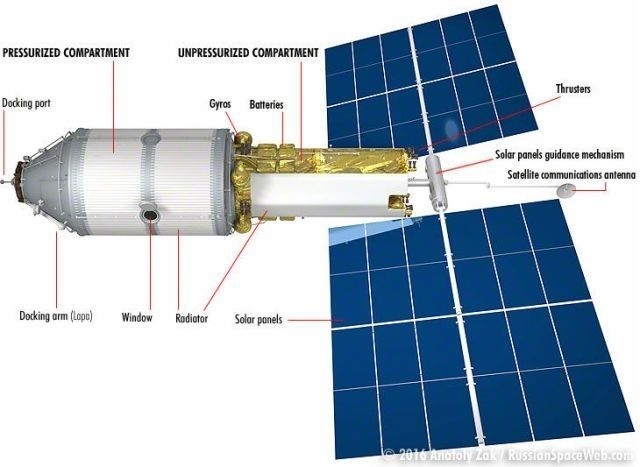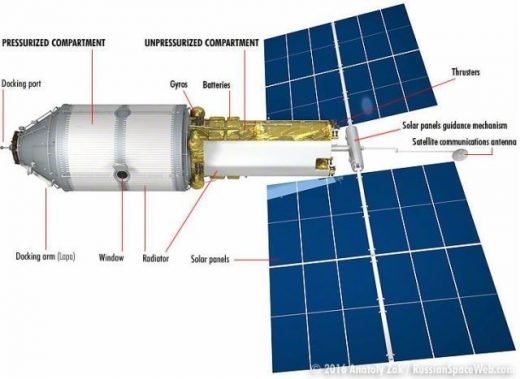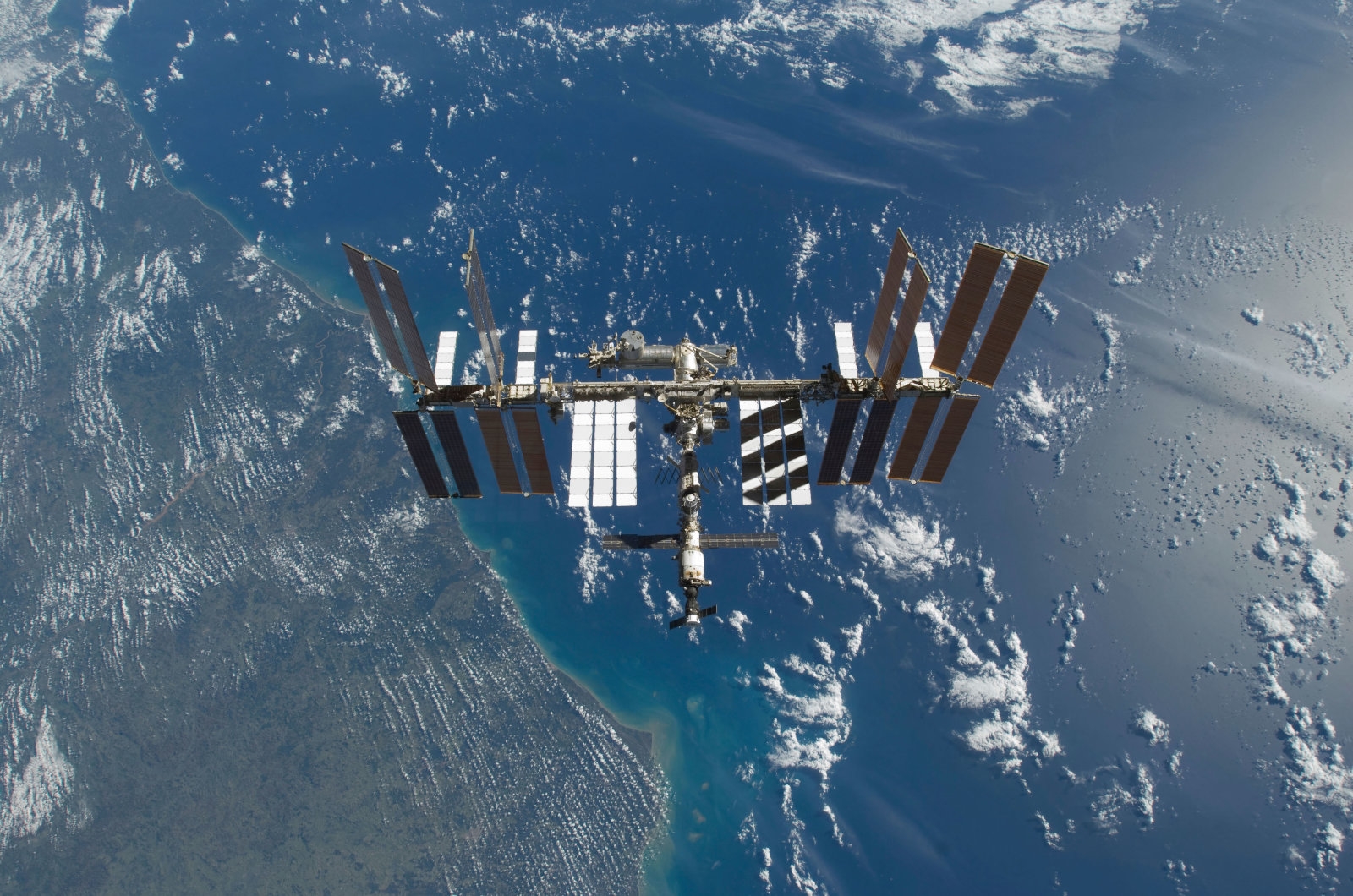Russia is planning to put a luxury hotel on the ISS
While American private corporations are working to offer paying customers a short trip to space (or the edge of it), Russia is cooking up something grander. According to Popular Mechanics, it saw a proposal detailing Russian space corporation Roscosmos’ plan to build a luxury hotel on the ISS. Anybody whose pockets are deep enough to shell out at least $40 million for the experience can stay there for a week or two. An additional $20 million will buy them the chance to go on a spacewalk with a cosmonaut.
The publication says Russian space contractor RKK Energia conjured up the strategy to be able to pay for the construction of the second module it’s building that will set it back $279 to $446 million. RKK Energia is already building the first of the two modules to serve as a science laboratory and power supply station. Although the second module has always been part of the plan, the Russian government is only paying for the first one.
The tourist module will reportedly look like the first one from the outside — you can see an illustration of the science module below:

[Image credit: Anatoly Zak/Russianspaceweb.com]
The inside, however, will have four sleeping quarters around two cubic meters each with 9-inch windows. It will also have two “medical and hygiene” stations, as well as a lounge area with a 16-inch window — after all, if Russia wants guests to pay tens of millions, it will have to be worth it.
RKK Energia is hoping to fly one or two tourists per Soyuz flight after NASA stops buying seats on the capsule for astronauts headed to the ISS, which will happen once Boeing’s and SpaceX’s commercial crew program vehicles are ready. To be able to jump-start construction, it has to find 12 (wealthy) passengers willing to pay $4 million up front. And if at least six passengers pay for a week-long stay at the space hotel per year, the company can recoup its investment within seven years.
As Popular Mechanics noted, though, the ISS is scheduled to be decommissioned in 2028. The space contractor said the module takes five years to finish, so it will have to start building soon.
(29)




